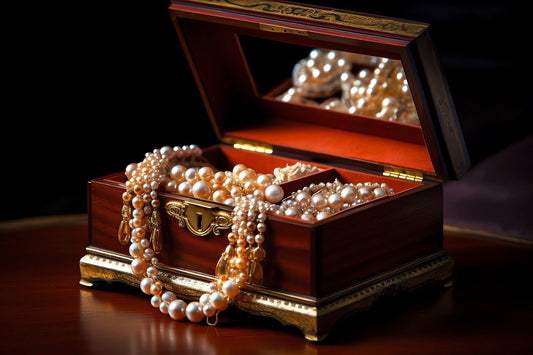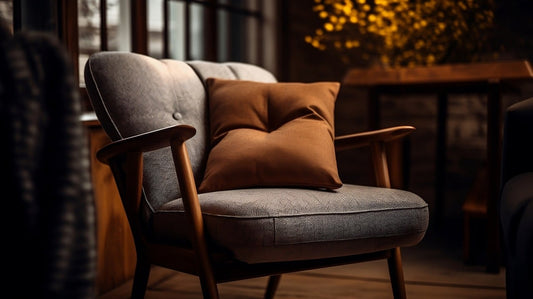Too much of a good thing
by Paul McGowan
We all love our watts—especially those that are sweet and musical. But, can you have too many? If you were to pick up a pair of 600-watt BHK Monoblocks (or 700-watt Stellar Monoblocks) and attach them to a pair of underrated speakers, are you in trouble or heaven?
It's a question often asked by customers concerned with the safety of their loudspeaker investments. And who can blame them?
Here's the answer to this burning question: it's just fine (even heavenly).
What's dangerous is the opposite. Too few watts can actually damage your speakers.
It turns out that speakers are somewhat self-regulating. Put too many watts into them and they play so loud you'll naturally turn the level down well before the onset of trouble.
Underpowering a loudspeaker is where we run afoul of clipping. Clipping the audio signal means we've exceeded an amplifier's ability to reproduce loud passages. When this occurs the amp's output signal literally runs into a brick wall—the signal is now flattened at its peak creating a burst of high-frequency energy potentially damaging to unprotected tweeters.
There are exceptions, of course, like the type of amplifier. Small, underpowered tube amplifier tend to clip gracefully because they don't have the energy or bandwidth to produce a tweeter-threatening event, though for my system that might be the last choice I would make. I prefer the ease and added headroom of bigger amps to the scrunched up potential of wimpy ones.
The bottom line is this: the added headroom, increase in linearity, effortless presentation, and freedom from potential damage an oversized amplifier presents to your speakers is nearly always the best way to go when assembling a first-rate system.
Want more info? I've put together a short video on the subject you can watch here.
- Choosing a selection results in a full page refresh.
- Opens in a new window.








